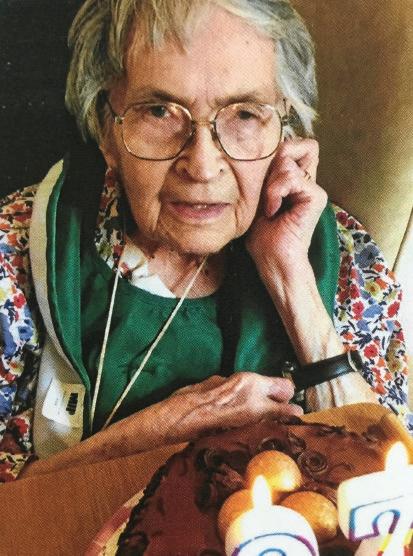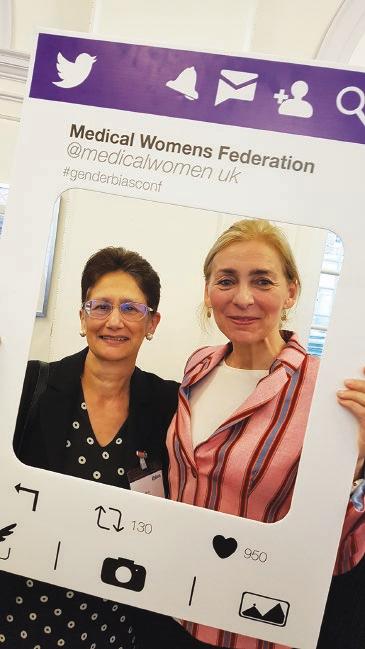SKILLS TOOLKIT: STUDENT TO DOCTOR
Medical Student to Doctor: A preparation guide for soon-to-be doctors Georgina Elliot is a junior doctor working in East London. She completed a Biomedical Science (BSc) degree at King’s College London prior to medical training at Barts and The London, graduating in 2017. She completed her Foundation Training in London, finishing in 2019. She is currently applying for a specialty training programme in Obstetrics and Gynaecology. Georgina also enjoys teaching as well as clinical work.
Introduction
Responsibility
As you come to the end of medical school, you may be worrying about the challenge that lies ahead in August. Although the steep learning curve that faces you is generally considered to be one of the hardest to traverse, all around you there will be other doctors who are going through changes in their careers too. Foundation Year 1 (FY1) doctors will become senior house officers, senior house officers will become registrars, registrars will become consultants. Although having knowledge of this does little to make your transition easier, it is worth bearing in mind that you will almost certainly be working with people who are experiencing many of the same challenges you are; heightened responsibility, a feeling of under-confidence, and a desire to find your feet and excel in a new role. They will also almost certainly want to help make your transition from student to doctor as easy as possible. This article is intended to make you aware of the common difficulties that FY1 doctors experience, but also to give you advice on things that you can do now to help you ease the transition.
As a medical student, you have responsibility for only yourself; your learning, your exam results, your logbook. As an FY1 doctor, you will be making decisions, giving advice, signing your name to prescriptions and management plans. Although there is always a senior around to check plans with, you will often be the only doctor to see a patient and make an assessment. Coming to terms with the responsibility of your assessments and decisions making a real impact on the lives of others can be a challenge. A way to tackle this ahead of time, as with all big challenges, is to prepare. It can be easy to get caught up in revision for OSCEs and written exams, but you should keep in mind that what you’re really preparing for is August. The majority of actual decision making and responsibility lies in on-calls, and that is what new doctors generally find hardest to manage. Therefore, you can prepare by shadowing an FY1 on as many on-calls as you can prior to starting work. Ask to carry the bleep and respond to calls as you would if you were on your own. See patients with
6 Medical Woman | Spring/Summer 2020











